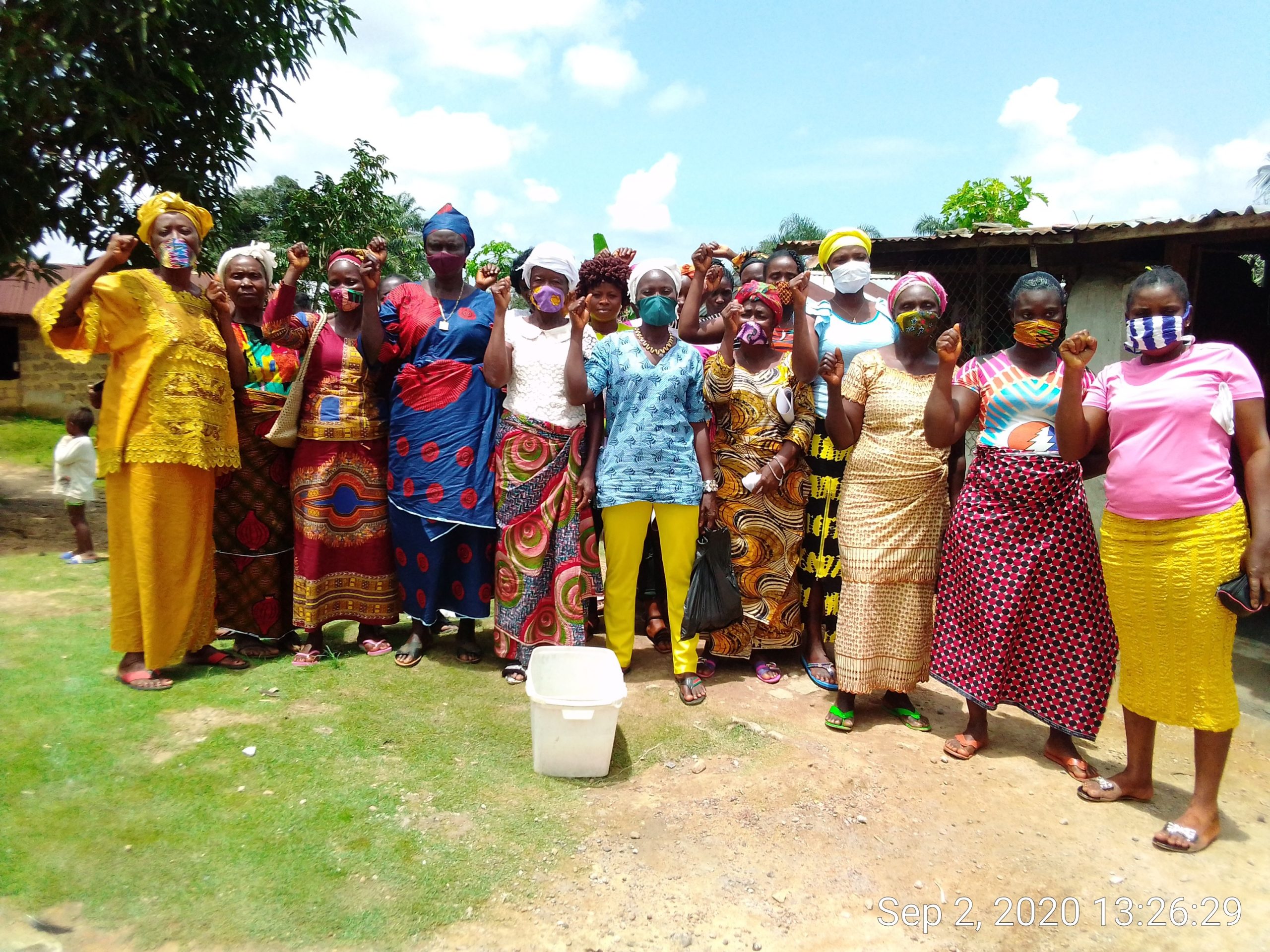(New York) – The United Nations Women’s Peace and Humanitarian Fund (WPHF) – together with the EU-supported Spotlight Initiative – released a new policy brief on the critical importance of institutional financing to sustain the efforts of local women’s organizations working in fragile settings to respond to crises and build lasting peace.
The new publication, “A Missing Brick for Sustaining Women’s Movements: Flexible Institutional Funding for Local Women’s Organizations,” demonstrates the need and urgency to accelerate flexible institutional support to strengthen the efforts and influence of local women’s civil society organizations and their work on the frontlines.
The brief highlights how institutional funding provides critical resources to local feminist groups and movements and is essential to the very survival of local women’s organizations and their ability to respond to rapidly evolving circumstances in crisis contexts, enabling them to strengthen the capacity of their organizations and ultimately enhance their impact.
“Our latest WPHF global survey of local women’s organizations found that 44% of respondents reported their organizations are at risk of not being able to sustain themselves because of limited institutional funding available. That is cause for profound concern, and urgent action.”
-Ghita El Khyari, Head of the WPHF Secretariat
The publication calls on the donor community to serve as allies of feminist movements by playing a more sustainable role in actively pursuing shifts in the donor ecosystem, systematically creating avenues for civil society organizations to sustain themselves and their work. It highlights the grave risks of not funding local women’s organizations and underscores how flexible and feminist funding can bring about greater women’s agency and leadership at the community level, apply an intersectional lens to financing, and redistributes power to communities.
The new brief spotlights the multifaceted nature of institutional financing, particularly how it can be used to support an organization with general operations and core costs: paying staff salaries and office rent, buying equipment and ICT services, providing psychosocial support and health insurance for staff, putting in place new adaptive strategies and systems, or even raising staff awareness and developing their capacities in critical technical areas. It also identifies a range of recommendations to overcome roadblocks, mainstream flexible funding modalities for feminist movements, and adequately support their transformative work on the ground.
The new brief leverages the perspectives and concrete examples shared during a virtual event organized by WPHF and the Spotlight Initiative in March 2021, where participants — government officials, women-led civil society organizations and UN representatives — raised awareness of the importance of institutional financing and its key contributions to strengthening local women’s organizations and the sustainability of their work across the globe.
“The institutional funding we received changed our entire world, as we could have closed down without it. Now, our entire staff is amazed that someone out there is willing to lift us up with funding and support us to continue our grassroots projects. The funding impact is like a chain reaction of positive change that boost morale of local women’s groups.”
-CSO Representative of the Iyali Community Development Association, WPHF Partner, Nigeria
